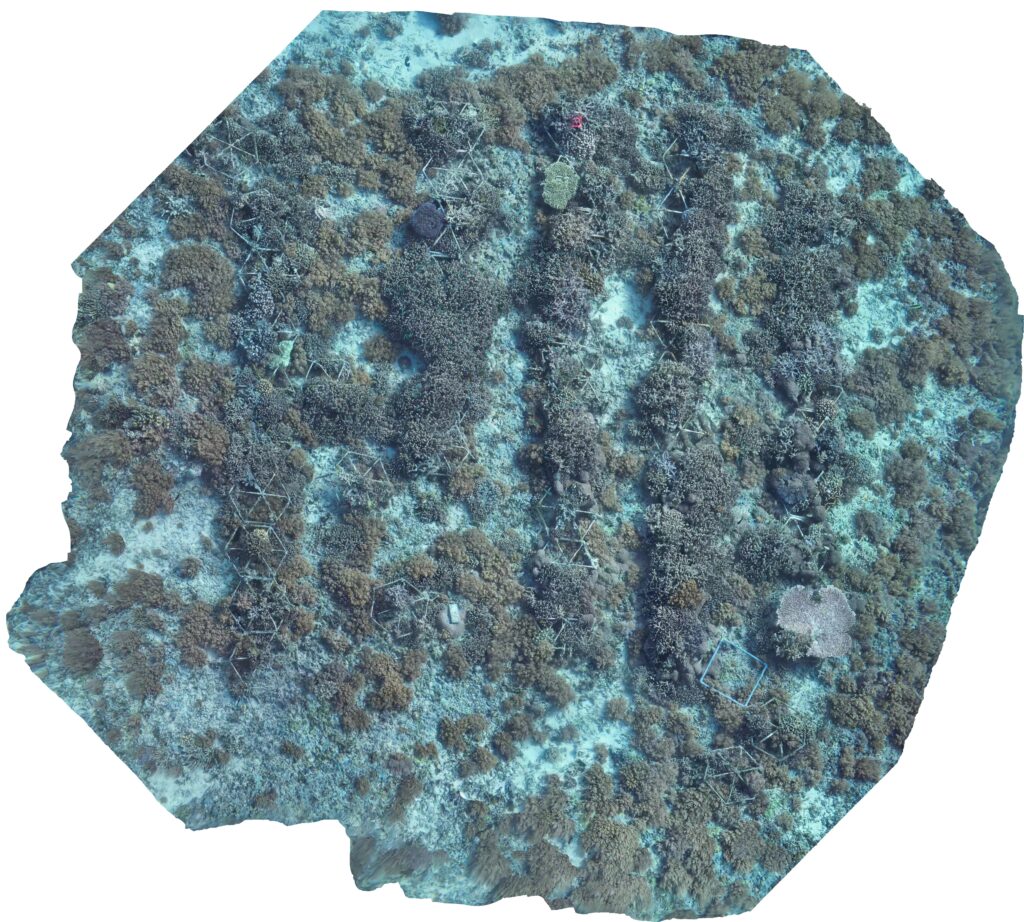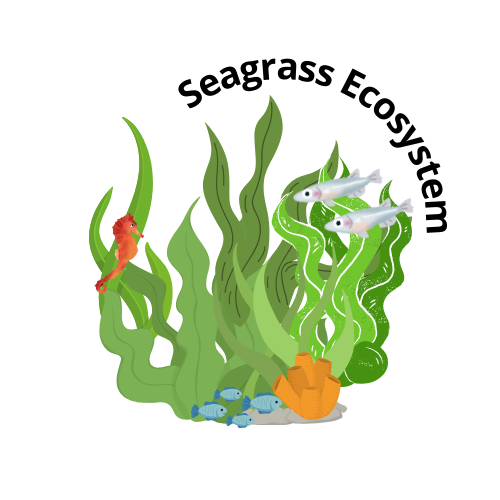
Jalapala Lestari Indonesia Foundation (Marine Conservation Indonesia) is an independent Indonesian non-profit organization committed to using research and education to conserve Indonesia’s marine ecosystems. The organization is dedicated to the conservation and sustainable management of Indonesia’s marine ecosystems, which are among the most biodiverse in the world. Recognizing the critical role of coral reefs, mangroves, seagrass beds, and marine wildlife in supporting livelihoods and biodiversity, the organization employs a multi-stakeholder approach to address pressing environmental challenges such as overfishing, habitat destruction, pollution, and climate change.
Vision
Sustainable management of Indonesia’s marine ecosystems, which are among the most diverse in the world, thereby supporting livelihoods and biodiversity.
Mission
Empowering communities, scientists, and policymakers through collaborative efforts to protect and restore Indonesia’s marine ecosystems, ensuring their resilience and sustainability for future generations.
Key Activities


- Community-Based Monitoring Programs: Engaging coastal communities in regular monitoring of coral reefs, fish populations, and water quality.
- Restoration Projects: Implementing coral transplantation, mangrove reforestation, and seagrass rehabilitation initiatives.
- Education and Outreach: Conducting workshops, school programs, and public campaigns to promote marine conservation awareness.
- Policy Advocacy: Working with government stakeholders to strengthen marine conservation policies and enforcement.
- Research and Innovation: Developing innovative solutions for marine conservation, such as artificial reefs and eco-friendly fishing practices.
Impact
Increased participation of local communities in marine conservation efforts.
Enhanced scientific understanding of marine ecosystems through citizen science contributions.
Strengthened collaboration between government, universities, and civil society for sustainable marine resource management.
Improved health and resilience of Indonesia’s marine ecosystems, benefiting both biodiversity and local livelihoods.
"Marine conservation isn’t just about saving fish and corals—it’s about securing food, livelihoods, and a stable climate for millions of people."


